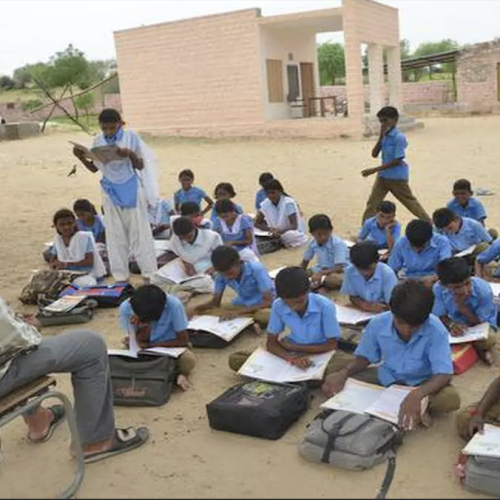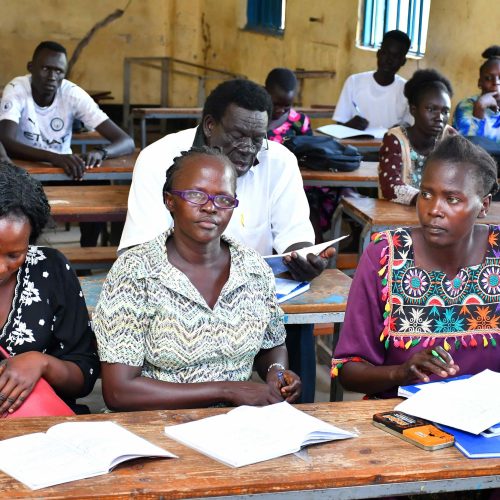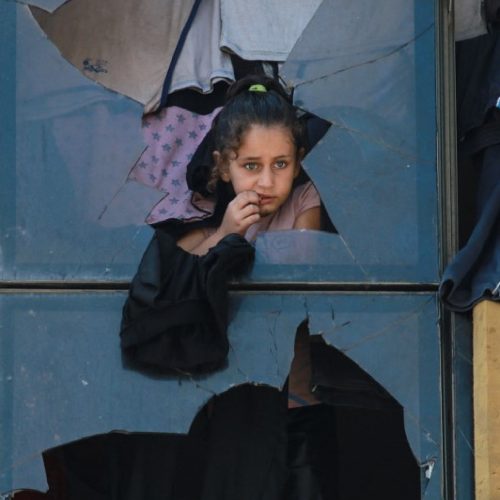social determinants of health
July 9, 2024
The Shift Towards Private Education in Rural India

India’s education landscape is witnessing a significant shift, with nearly 50% of students now enrolled in 4.5 lakh privately managed schools, making it the third-largest school system globally. This surge is driven by low- and middle-income families seeking quality alternatives to government schools. The ‘State of the Sector Report on Private Schools’ by the Central…
June 11, 2024
Chiquita guilty of funding terrorists in Colombia

A South Florida jury just found Chiquita Brands liable for killings by right-wing paramilitary death squads that the the company financed in their banana plantations. Chiquita, formerly the United Fruit Company (UFC), has a long history of deadly repression against workers. The New Orleans-based multinational has long monopolized land and markets and controlled governments throughout…
February 10, 2024
More years of schooling improves all-cause mortality globally – Lancet

A systematic review and meta-analysis by the IHME-CHAIN collaborators (Lancet 23 January 2024) demonstrated that increased “years of schooling had a significant and consistent effect on all-cause mortality risk and that the protective effect of education persisted for female and male individuals, across all age groups, and all levels of Socio-demographic Index of the country…
Defunding UNWRA in Gaza is ‘collective punishment’ – Lancet & Health Justice Organizations

Health and political leaders globally have condemned defunding of UNRWA, the principle lifeline for the people of Gaza. Sharmila Devi, in the current issue of Lancet, quotes UN leaders and aid agency leaders (including WHO) “no other entity has the capacity to deliver the scale and breadth of assistance that 2·2 million people in Gaza…
December 15, 2022
‘Every chemist has a backroom’: the rise of secret Female Genital Mutilation in Kenya

In 2011, Kenya passed laws to decrease the rates of female genital mutilations (FGM), by imposing hefty fines on its practitioners, and increasing surveillance and enforcement. But the recent medicalization of FGM is posing a new challenge for the east African nation, which has a 15% medicalization rate: one of the highest in Africa. In…



